Auburn University’s faculty experts offer their thoughts and answers on a variety of real-world topics as they make national headlines. Our experts speak on everything from cybersecurity to 3D printing to stock market concerns to hurricane preparedness to the needed response amid a national opioid crisis. Have questions about the news of the day? We have “Expert Answers.”
Auburn In the News
-
July 17, 2024Fast Company
-
July 16, 2024AL.com
-
July 12, 2024MSN Money
-
July 11, 2024WalletHub
Media Contact
Media interested in interviewing a faculty expert can contact Communications Director Preston Sparks at (334) 844-9999 or preston.sparks@auburn.edu.
Latest Expert Answers
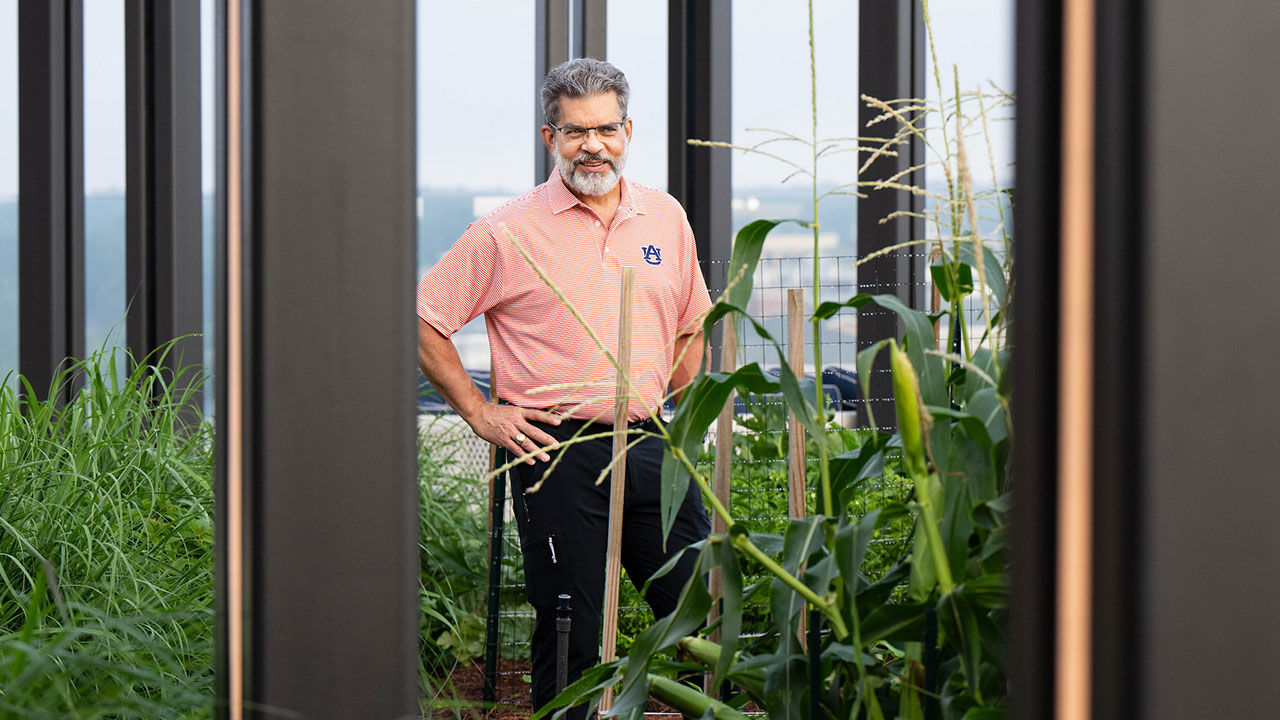
How is Food U at Auburn University different from most CEA programs? It brings multiple majors and departments together to provide fresh food for Auburn's campus and beyond. Desmond Layne, head of Auburn's Department of Horticulture, explains how the program works and where he sees it going in the future.
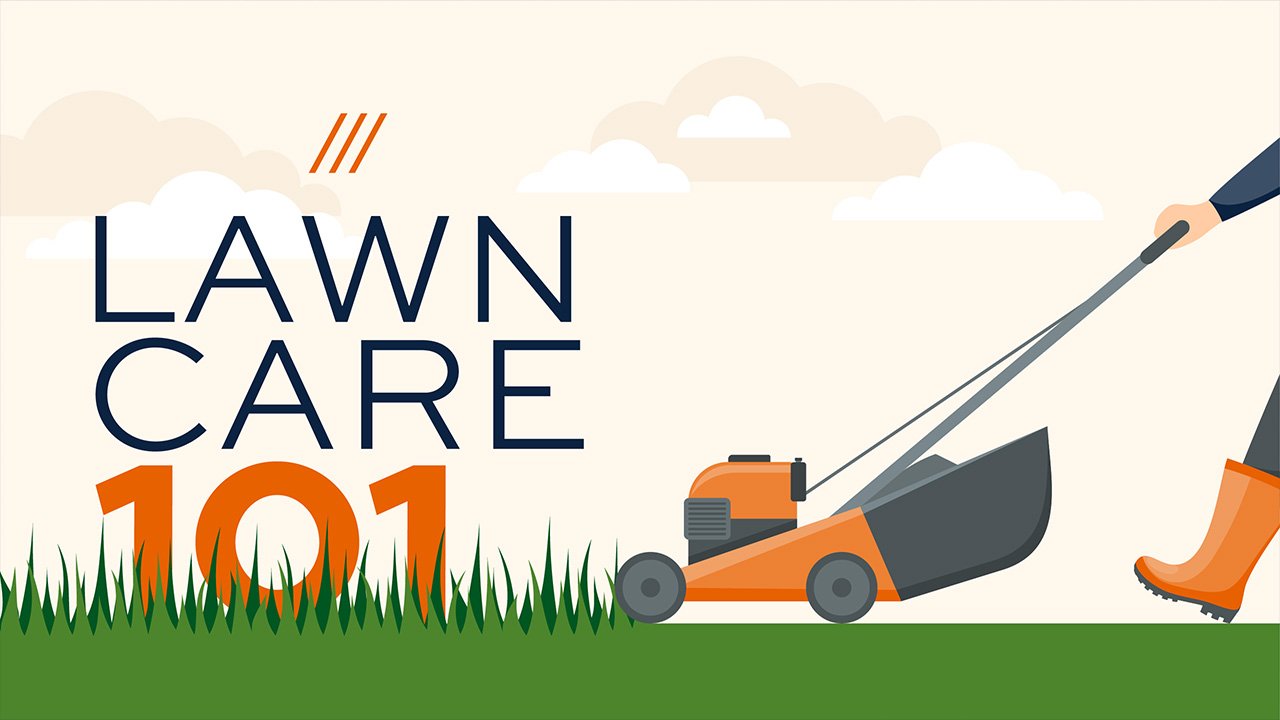
The state of Alabama is home to warm-season grasses that include zoysiagrass, Bermudagrass and centipedegrass, and they all require the same care to make your yard look good. So, what are the best ways to keep it green this summer?
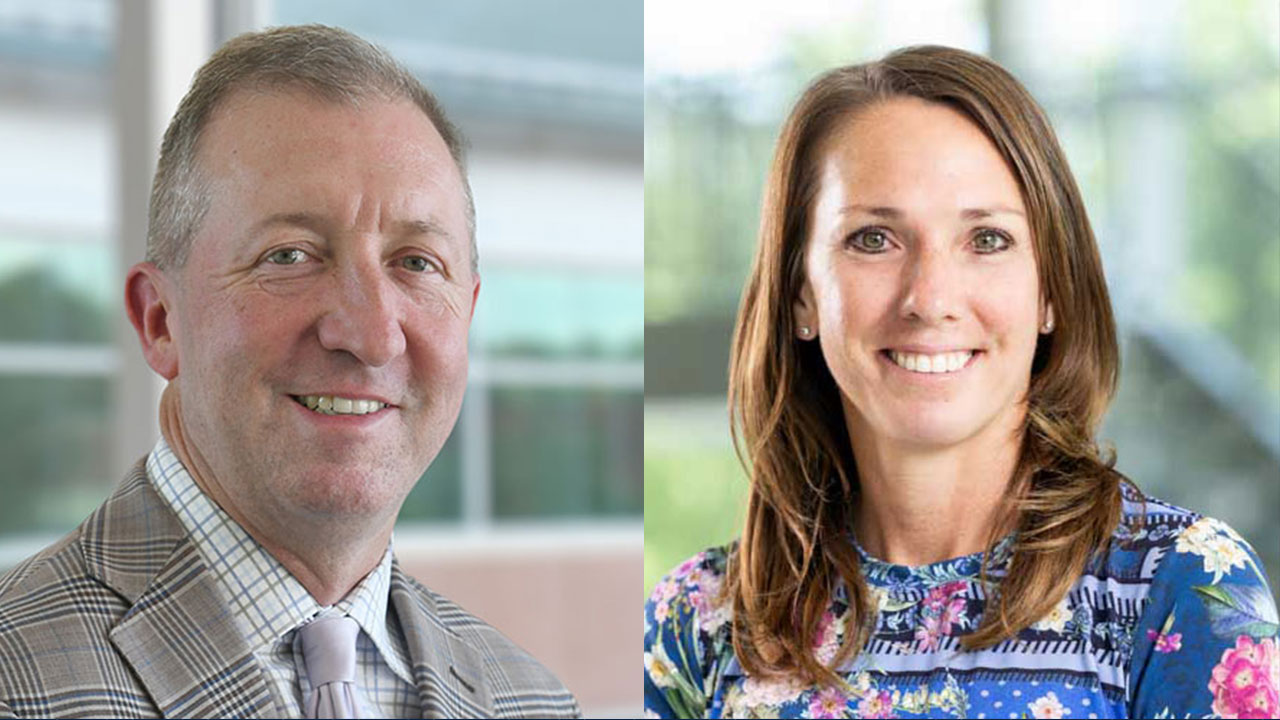
Amid recent news of bird flu prompting warnings against raw milk and unpasteurized dairy products, two Auburn researchers are offering their expertise on the topic.
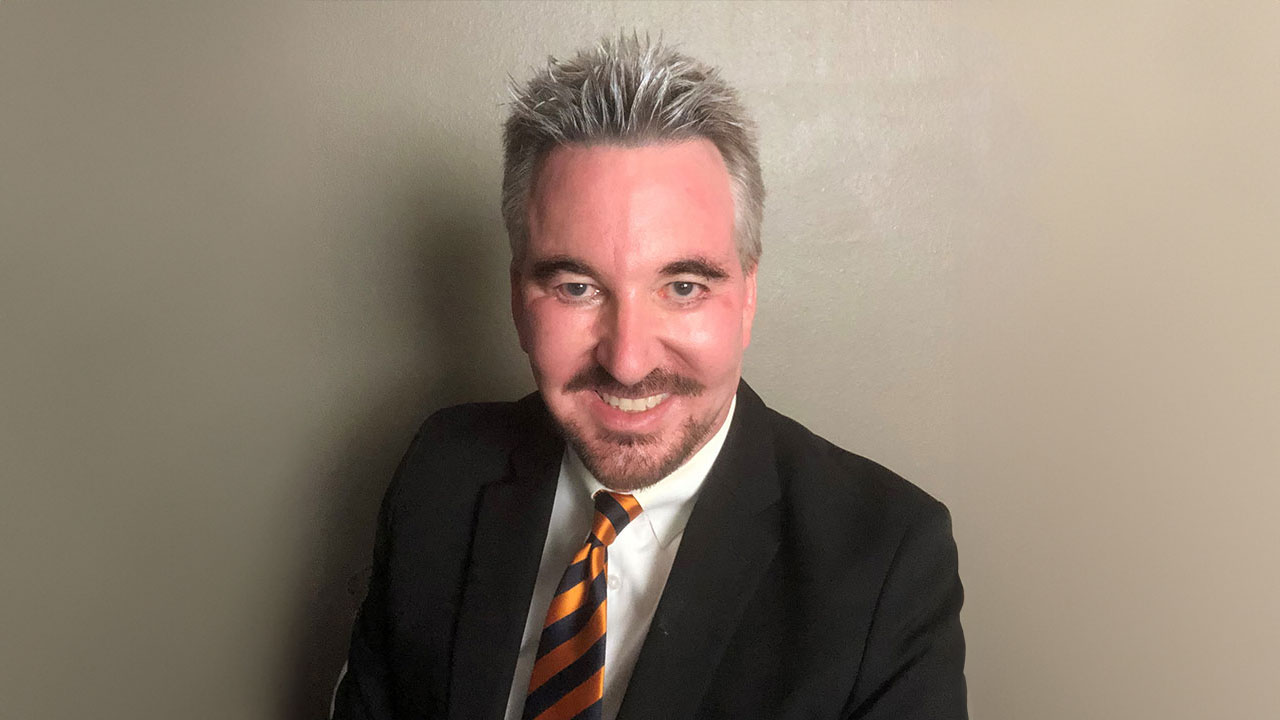
The March U.S. employment report was met with hearty cheers from financial reporters and Wall Street analysts alike, with 303,000 new jobs created during the month of February – more than 50% above the 200,000 predicted. That's good news for the economy, right? Jeffrey Hart, senior lecturer of finance in the Harbert College of Business, explains that just below the headline numbers is a troubling pattern of fundamental economic weakness, not strength.
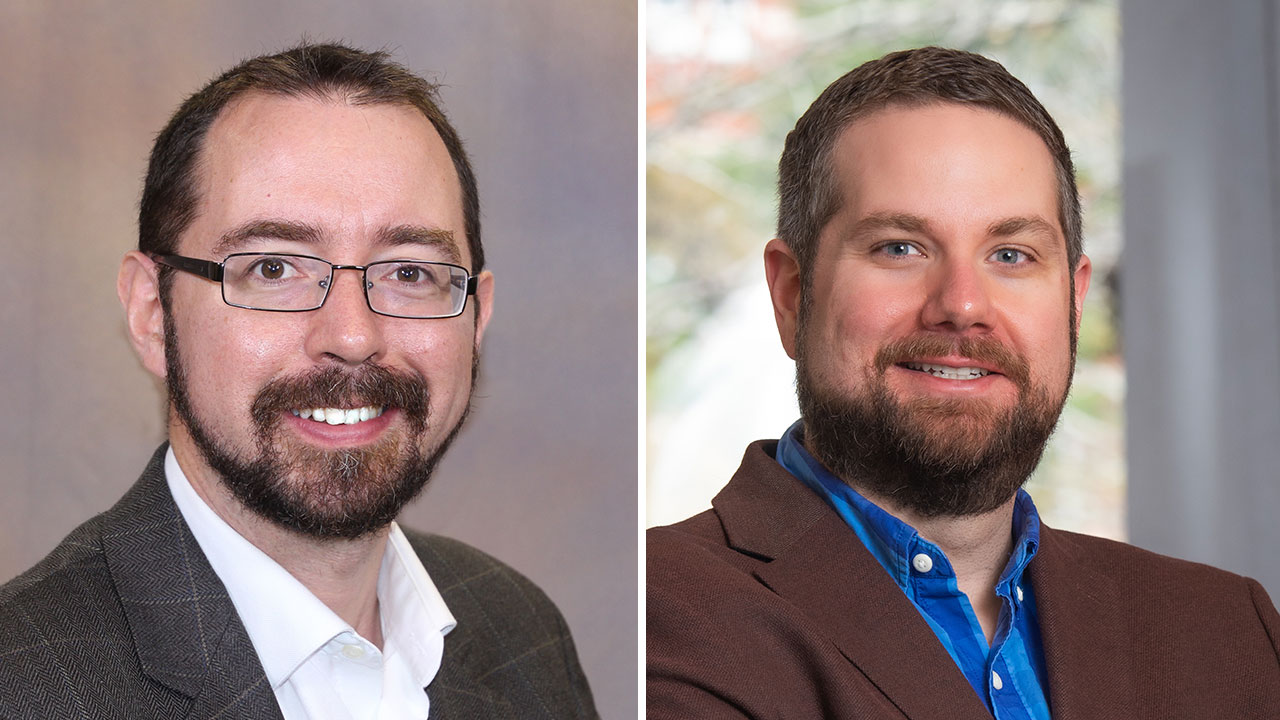
Auburn University political science faculty Peter White and Matt Clary describe the Israel-Iran conflict and what it may mean for the Middle East and U.S. foreign policy.
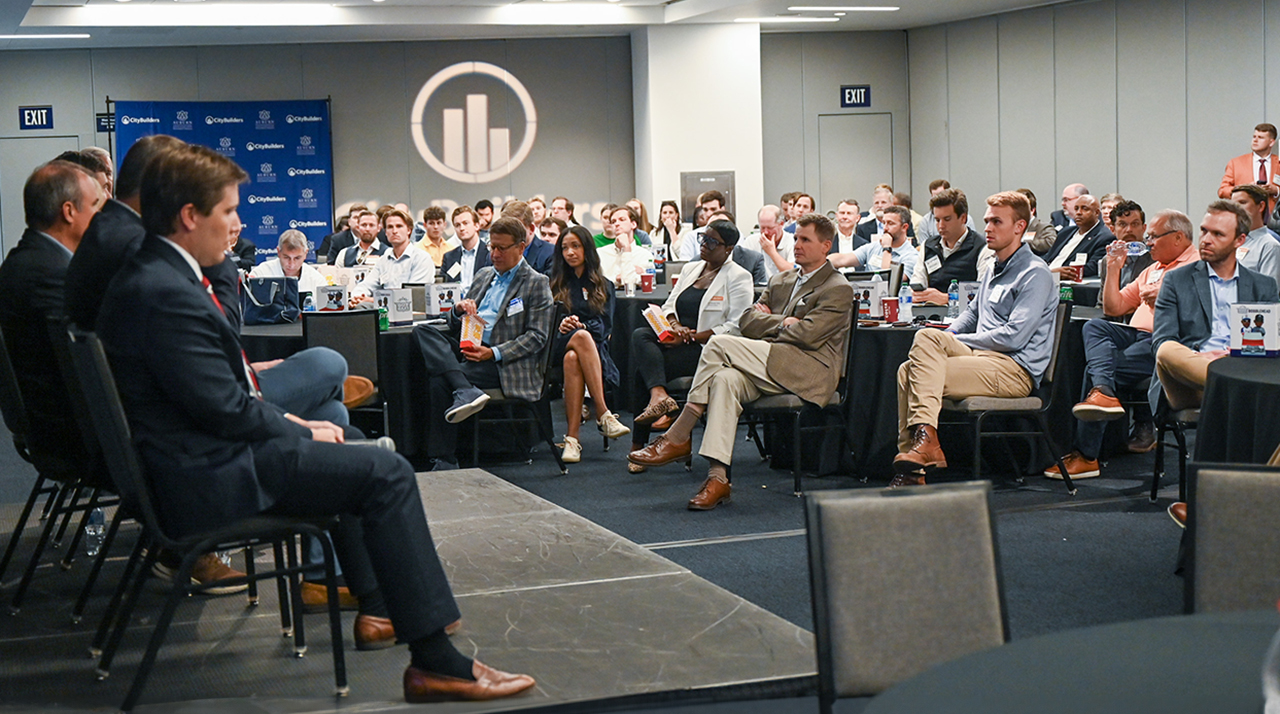
Auburn University’s Institute for Real Estate Development will be hosting the most prominent annual gathering of commercial real estate (CRE) professionals in the southeastern United States on May 16 at Birmingham’s Regions Field. The Auburn CityBuilders Future of Commercial Real Estate in Alabama will include some of the most successful CRE developers, capital providers, suppliers, economic development officials, and governmental institutions in the South.
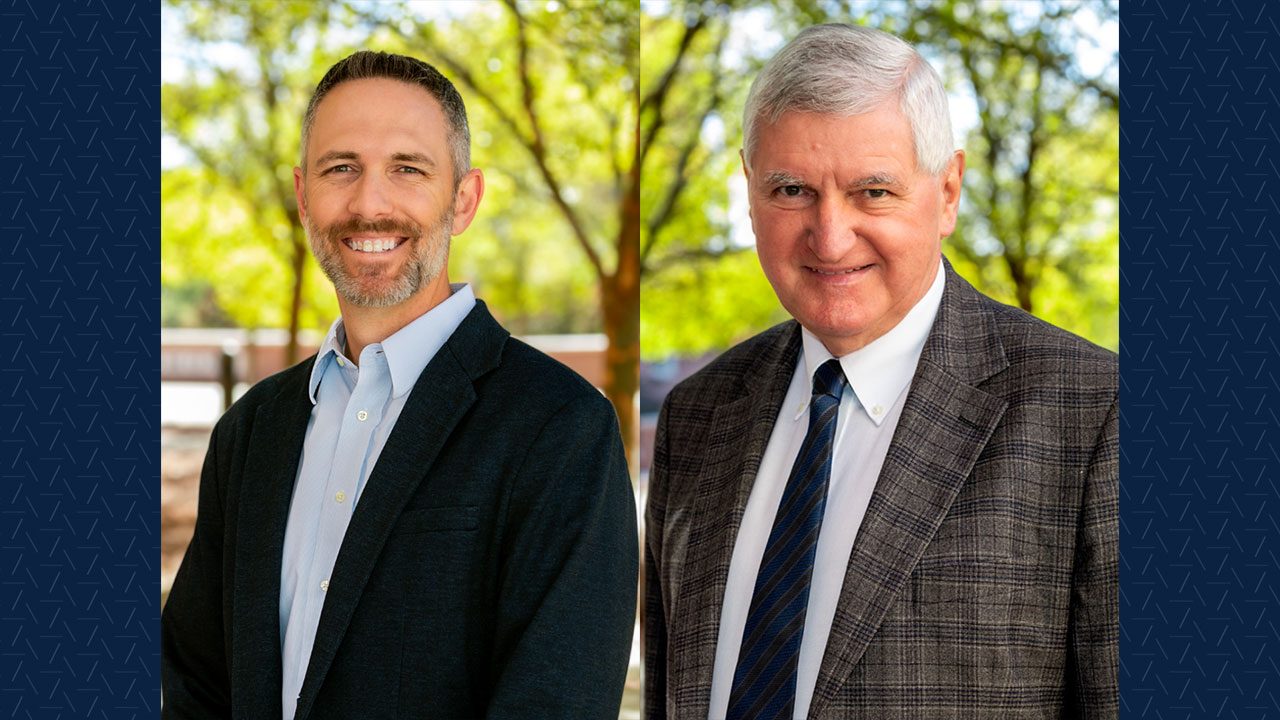
Auburn experts Matt Yarnold and Andrzej S. Nowak offer insight into the recent bridge collapse in Baltimore.

The sun is shining and spring is in the air. Does that mean it’s time to prepare your lawn for the summer? Auburn faculty member and Alabama Cooperative Extension Services Specialist Dave Han says not quite yet!

In a recently published research study, a team of researchers from the Harbert College of Business and IBM discovered that business-specific subject matter expertise will emerge as an even more – not less – critical element of building and managing increasingly efficient, high-performance supply chains in the age of AI and digital technology.
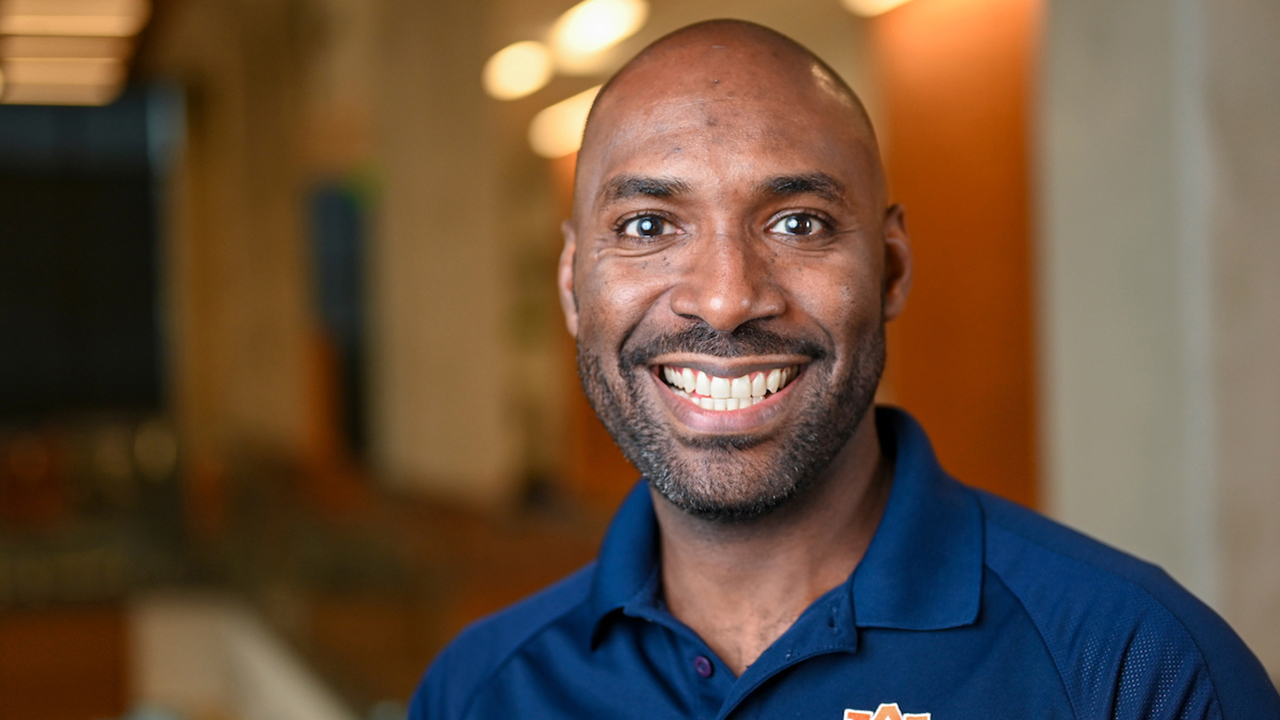
Harbert Professor of Practice Damion McIntosh advocates for expanding your financial news comfort zone.
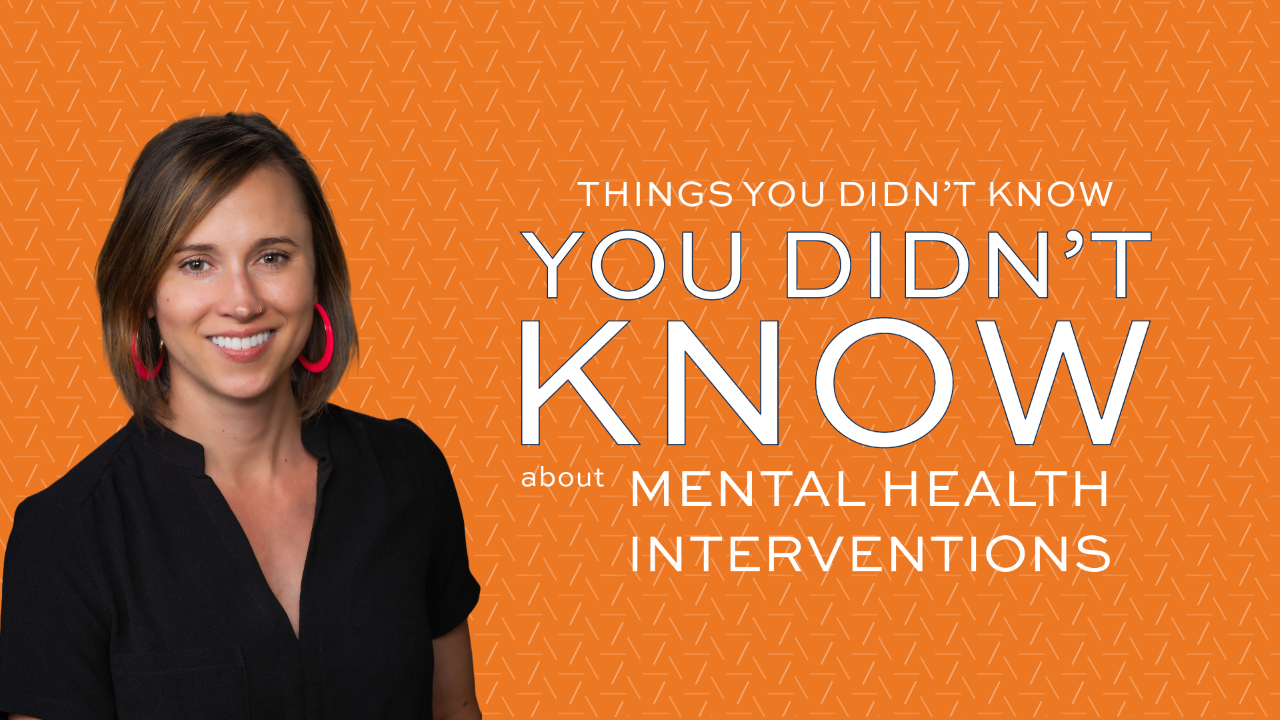
Interoception is how we feel and understand internal sensations like hunger, pain or heart rate. Associate Professor April Smith is developing a new tool that targets interoception as an avenue to improve mental health. Her online intervention, Reconnecting to Internal Sensations and Experiences (RISE), has already shown success in active-duty service members and clinical patients and is currently being tested in college students and veterinarians.
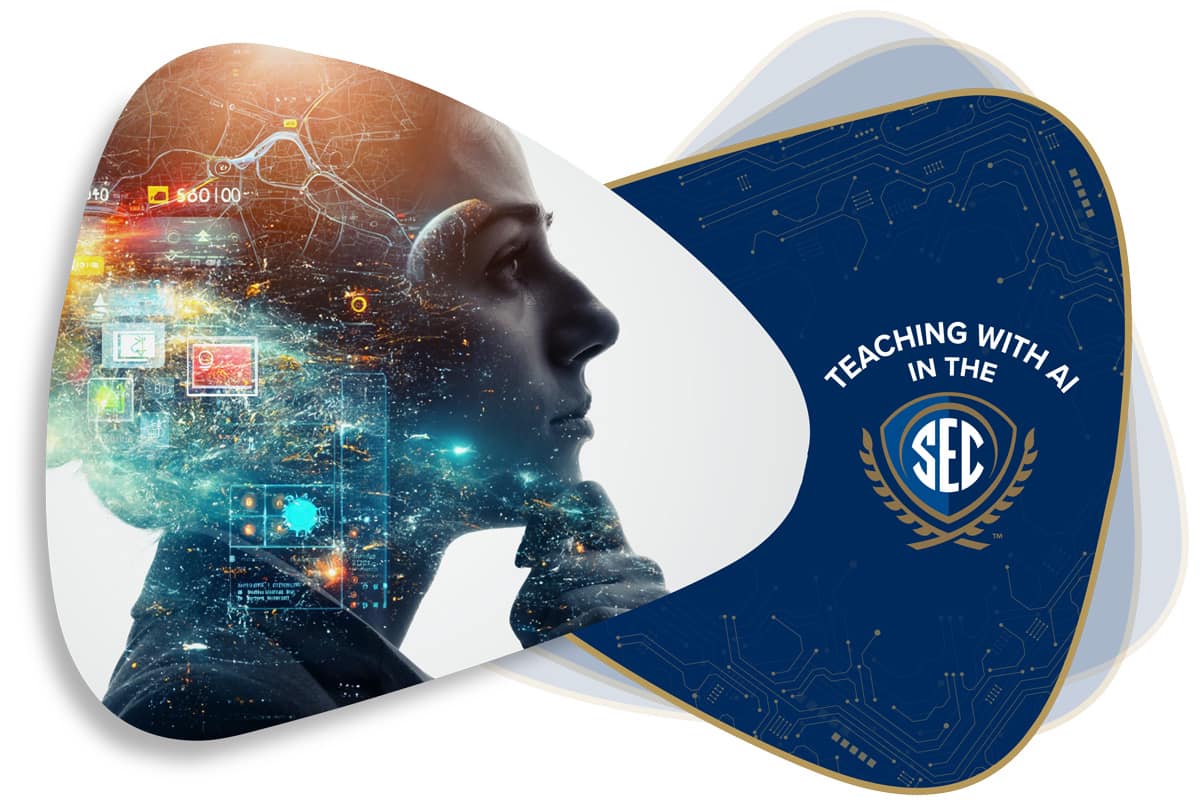
Harbert College interviewed Asim Ali following the one-year anniversary of the launch of ChatGPT to find out how generative AI is impacting instruction and student performance at Auburn since then and how he and his organization are leading the adoption and powerful application of what he calls “the transformative technology of our time.”

With the fresh start of the new year, many people resolve to achieve goals and make lifestyle changes, often related to health, wellness and physical fitness. How can they ensure they keep their resolutions throughout the year instead of ditching them after a few weeks? Experts from Auburn University’s School of Kinesiology have some insight.
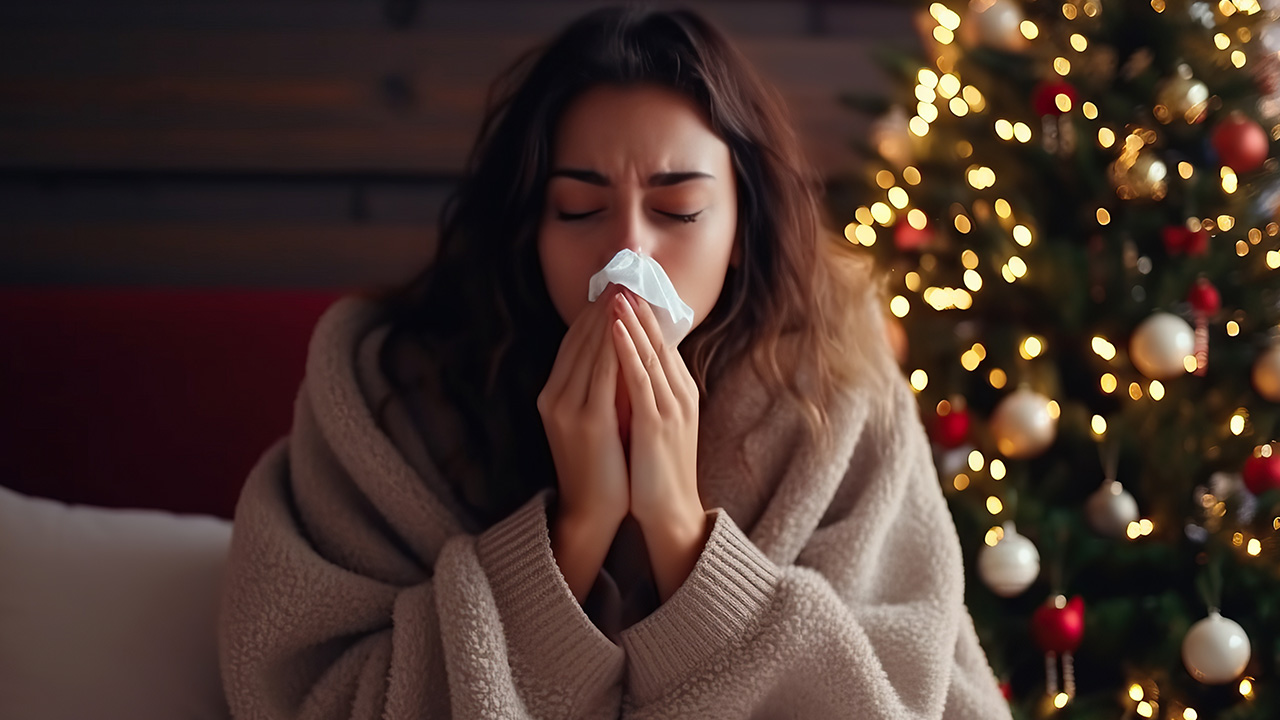
The holidays are a time for celebrating with family and friends, but everyone knows that a December illness can ruin the fun. So, how can we take care of ourselves to avoid getting sick this holiday season?

While smash and grab attacks, rising shoplifting and nagging inflation get all the headlines, research by Harbert professors Linda and O.C. Ferrell reveals that these and many other reasons retailers often give for their store closings and openings fail to paint the whole picture. Retail has changed dramatically – and we aren’t likely to return to the “good old days” of packed malls and long lines at big box stores this coming holiday season.





